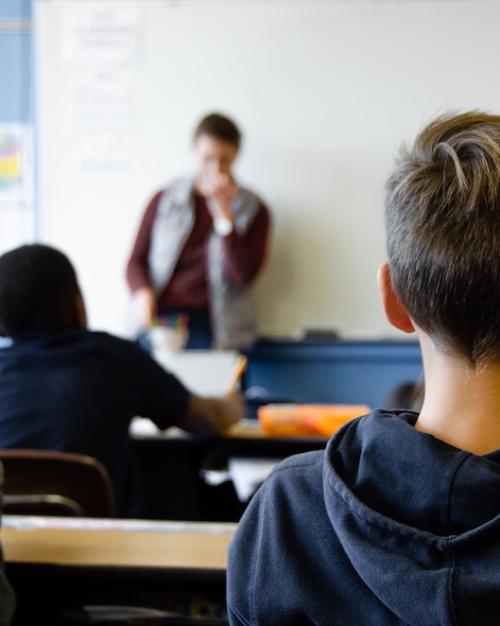Only 13 percent of eighth graders are proficient in U.S. history, and only 22 percent of those students are proficient in civics, with adults faring little better, writes Glenn Altschuler, the Thomas and Dorothy Litwin Professor of American Studies, in a Washington Post commentary, citing the National Assessment of Educational Progress. Americans across the political spectrum believe that more civic awareness could help heal the country’s divides, he writes, but only seven states require a full year of civics education.
“The belief that an educated citizenry is the best protection for democracy is as old as the Republic,” Altschuler writes in the piece with co-author David Wippman. “Yet, U.S. history and civics curriculums have long been attacked from the political right as insufficiently patriotic and from the left as woefully incomplete and discriminatory. In short, Americans have never agreed about what should be taught when it comes to our nation’s history and government. And as this latest round of test scores suggests, that has real implications for schoolchildren."
Read the story in The Washington Post.




